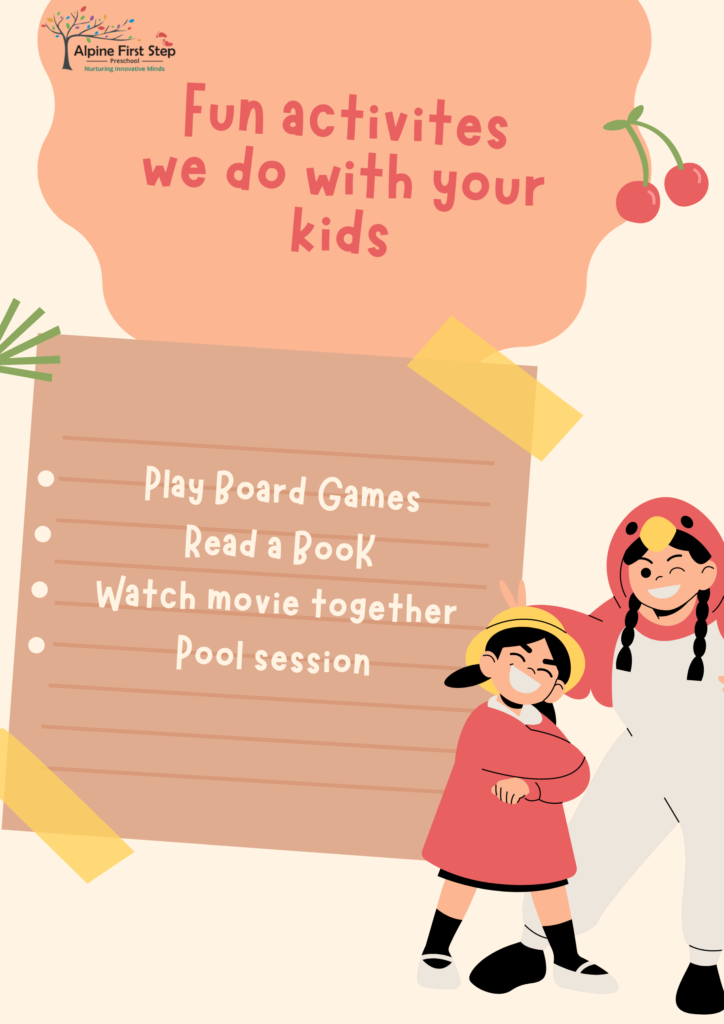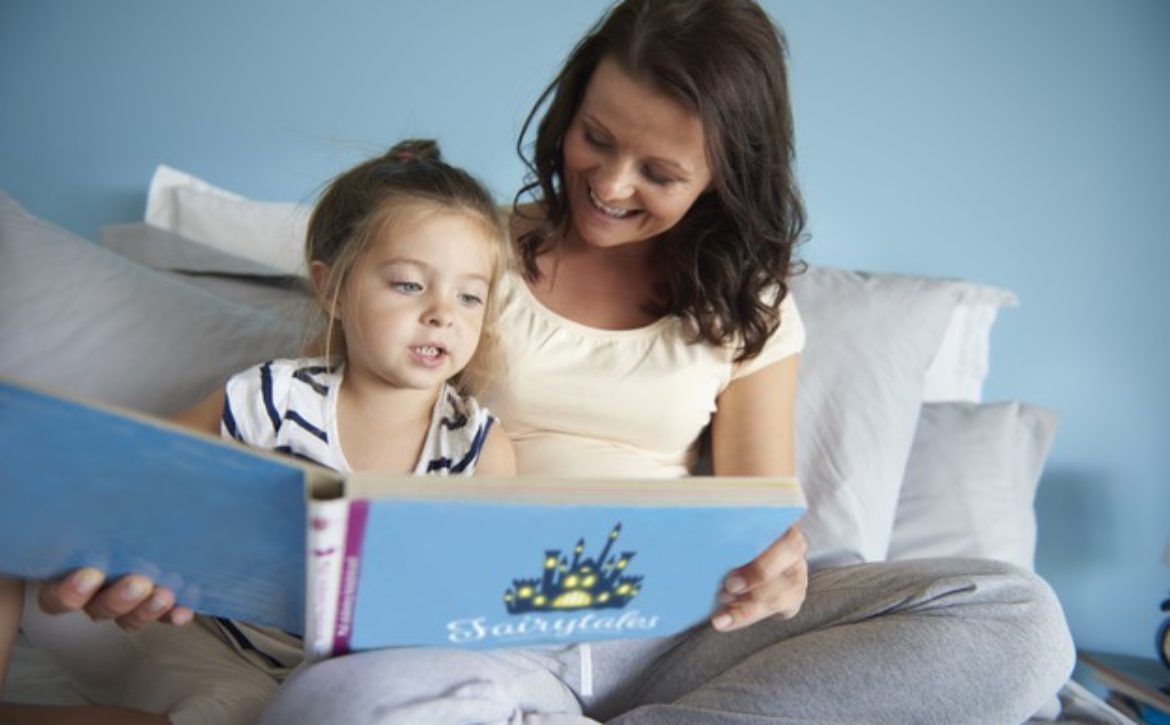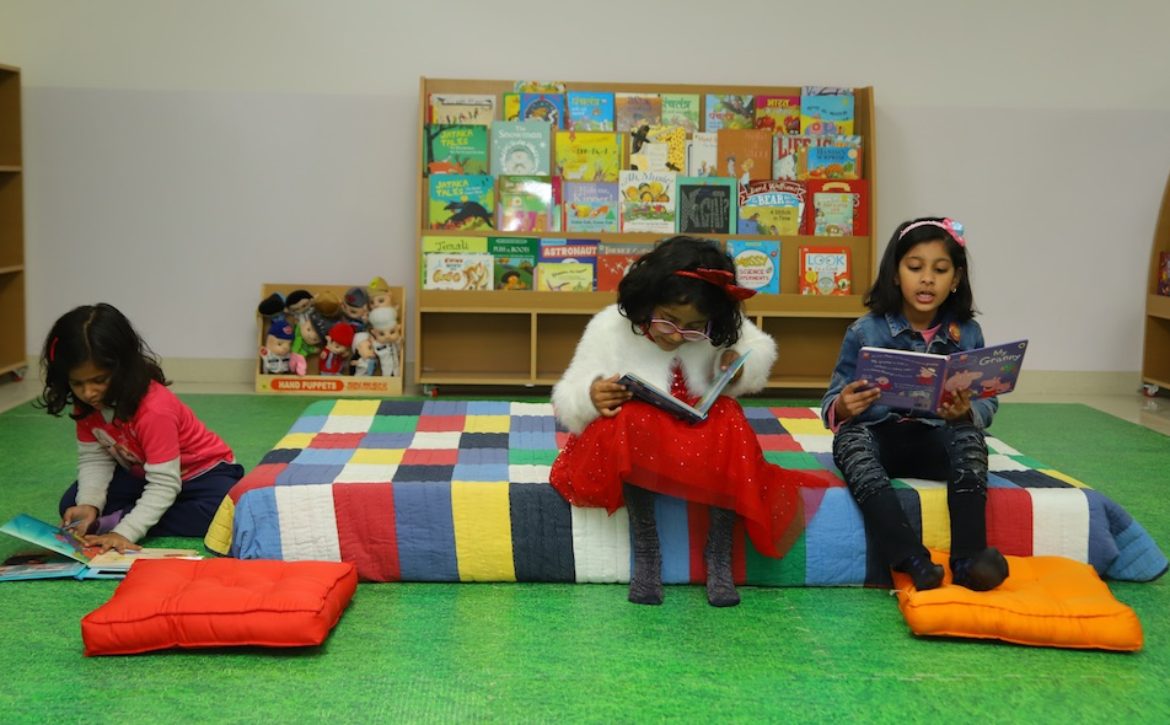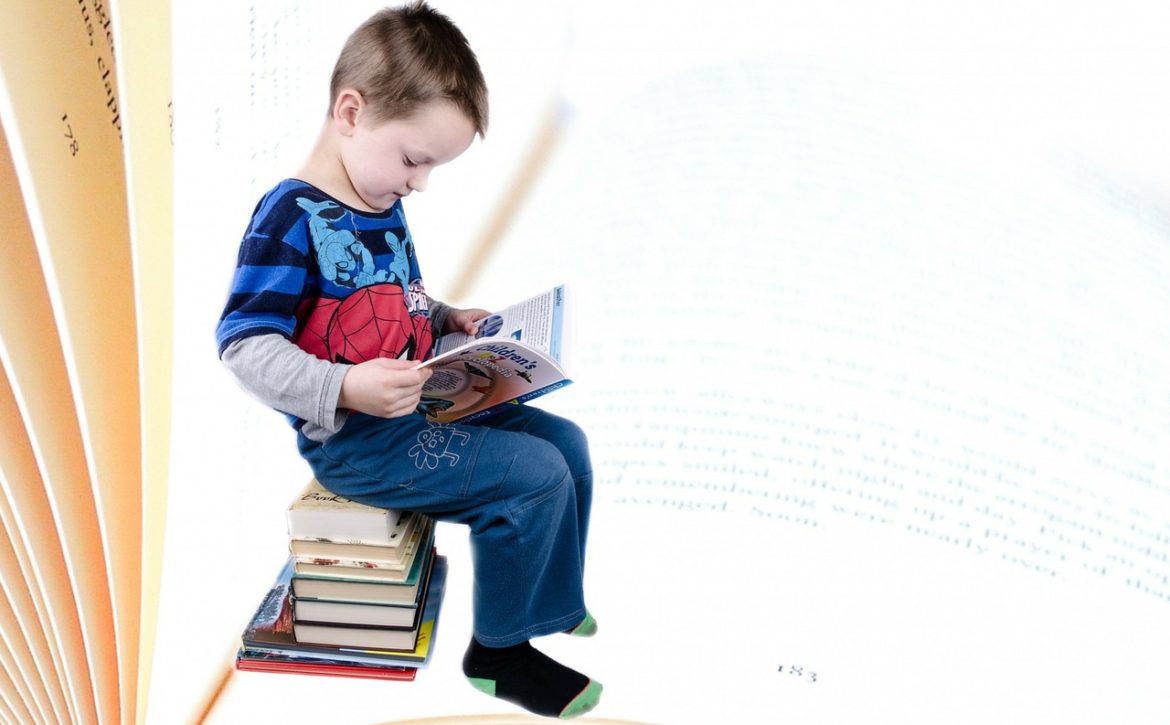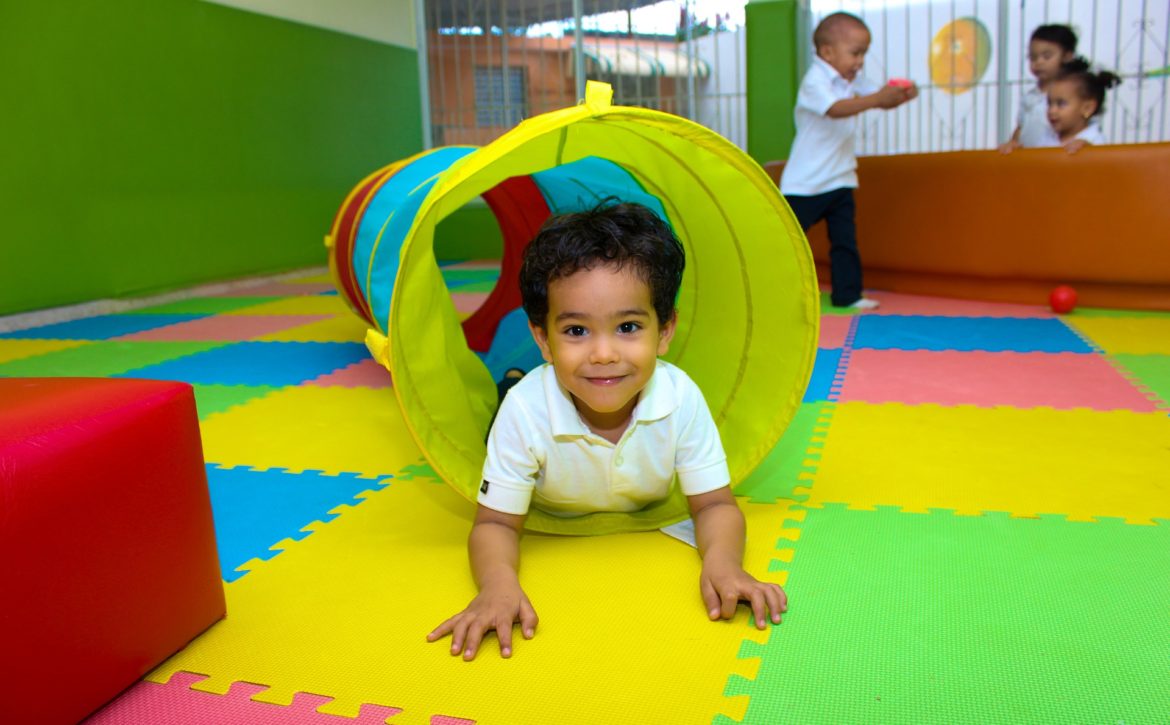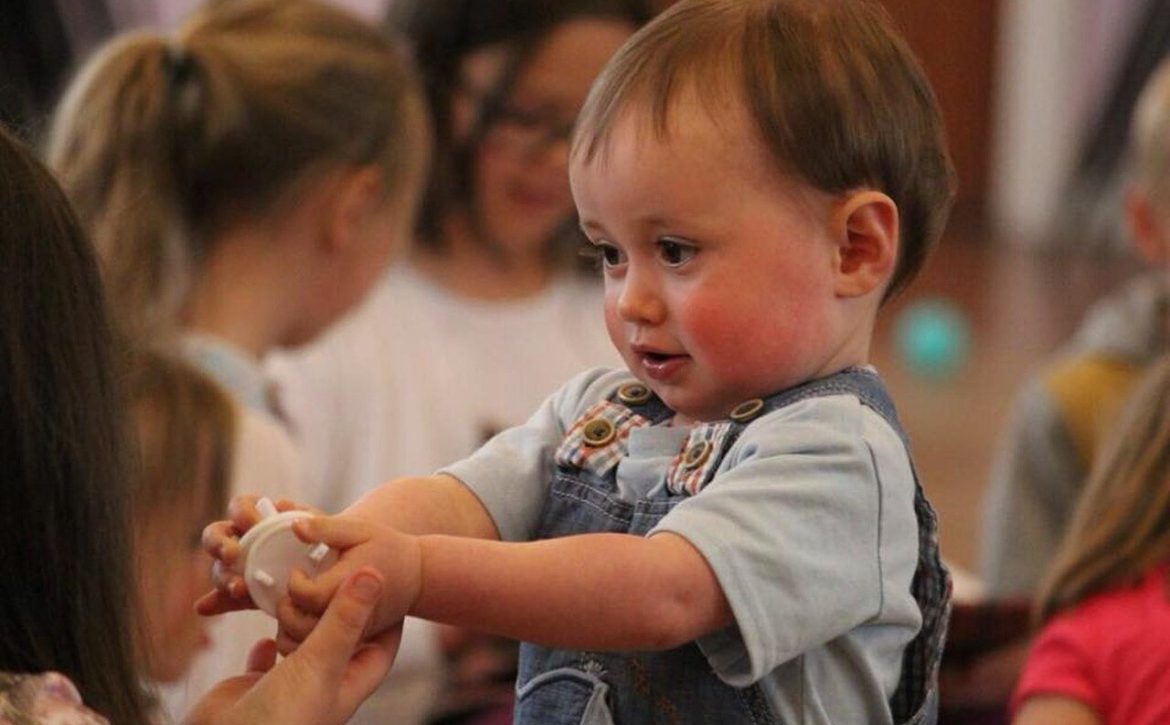Empowering Inclusive Education: Introducing LeadingSteps(TM) Program


As a parent, you have lofty goals for your child’s education and development. You foresee a route that not only educates children but also cultivates their well-being and character. Alpine First Step Preschool, in collaboration with Childrenplus, is thrilled to launch the LeadingSteps(TM) Program, a revolutionary program that exemplifies these concepts. This program exemplifies our dedication to inclusive education, in which every child, regardless of ability, has the chance to learn, grow, and thrive in a setting that values variety and fosters togetherness.
Embracing Inclusion’s Power:
The principle of inclusive education is central to the LeadingSteps(TM) Program. This revolutionary approach ensures that children of all levels learn alongside one another, encouraging comprehension, empathy, and camaraderie. Inclusive education fosters a holistic atmosphere in which each child’s potential is acknowledged, valued, and nurtured.
Inclusive Education Advantages:
Inclusive education provides a supportive environment for students with disabilities to acquire social skills, self-esteem, and independence. It promotes customised learning, allowing each kid to advance at their own rate while being accepted by their peers. Inclusive education instils a genuine awareness for difference in all pupils, cultivating a generation of caring global citizens.
Collaboration for Comprehensive Growth:
The LeadingSteps(TM) Program brings together a multidisciplinary team of special education teachers, occupational therapists, and speech therapists. This partnership provides children with a personalised educational journey that meets their specific needs, allowing them to excel intellectually, socially, and emotionally.
Alpine First Step Preschool Leadership Steps:
Alpine First Step Pre School, a pioneer in inclusive education, has adopted the LeadingSteps(TM) Program as the foundation of its educational philosophy. We are committed to cultivating children’s potential and building a sense of belonging by collaborating with Childrenplus, a renowned supplier of child and youth psychology and inclusion services.
Aiding Inclusive Education
As parents, you have a critical role to play in pushing for inclusive education. Engage with your child’s school, learn about the mechanics of the program, and encourage talks about diversity and inclusion. You can help all children’s futures by cultivating a supportive neighbourhood.
Enable Change, Transform Lives
Join us in advocating for inclusive education. Alpine First Step Pre School and Childrenplus encourage you to learn more about the LeadingSteps(TM) Program, a journey that transcends barriers and unleashes the potential of every child. Let us work together to build a world where inclusion and education make a brighter future.
Contact Alpine First Step Pre School(https://alpinefirststep.in/) or Childrenplus (https://childrenplus.in/) for more information about the LeadingSteps(TM) Program. Your generosity inspires change and transforms lives.

